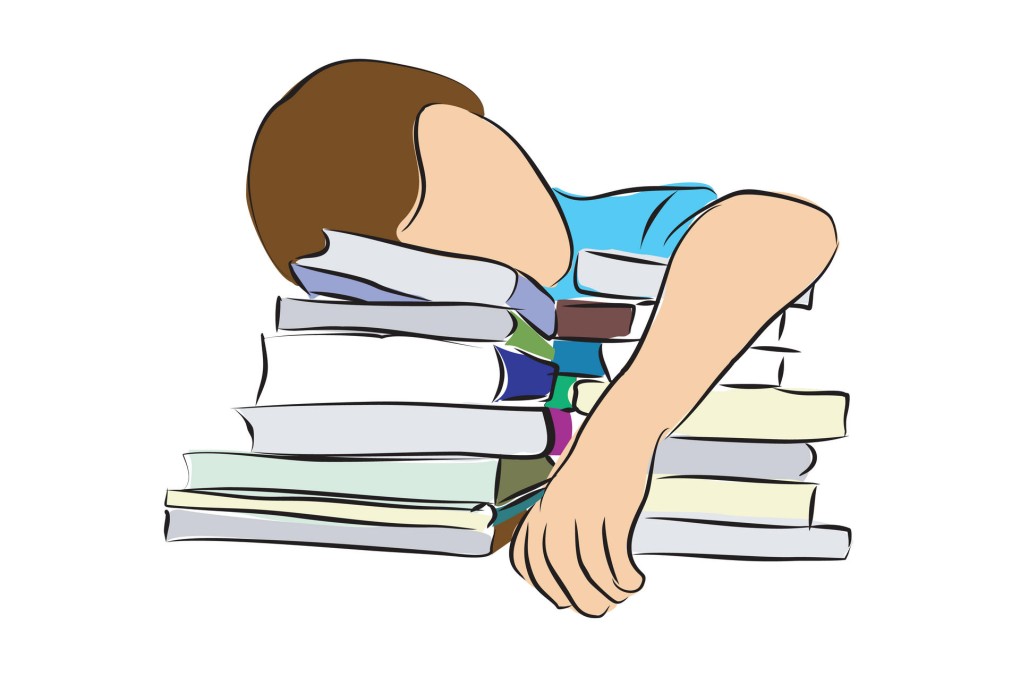Students who don't get enough quality sleep will perform badly in school
Students falter with less sleep

The installation of a sleeping pod in the University of Manchester library in Britain follows hard on the heels of the University of East Anglia's sleep room, and no doubt heralds a new era of beanbags, futons and chaises longues popping up on campuses across Britain. But does this mean we are finally caring about our students' sleep, or is it an indication that students are now so chronically sleep-deprived that universities are having to provide for those who cannot get through the day without napping?
The cognitive benefits of a nap are well documented, most notably in Dr Sara Mednick's book Take a Nap! Change Your Life. We know that as little as six minutes' sleep can not only sharpen thinking, but also improve memory, mood and mental flexibility.
Leonardo da Vinci famously lived on 20-minute naps for weeks at a time while painting to avoid the paint drying. Based on this evidence, fashionably progressive companies such as Google and Ben & Jerry's have installed sleeping pods or created sleeping spaces in the workplace.
The danger of such a beneficent approach, apart from the growing evidence of higher mortality in habitual daytime nappers, is that it masks, and even contributes to, a problem with overnight sleep. The benefits of a full night's sleep are similar to naps, but on a much larger scale. Deep sleep, REM sleep and even lighter non-REM sleep have all been firmly implicated in learning and creative thinking, to the extent that parts of the brain responsible for memory, facts and events are known to shrink with chronic sleep deprivation.
In 1978, just 24 per cent of students reported sleep problems, compared with 68 per cent in 1992 and 71 per cent in 2007. Evidence suggests this is not solely down to greater awareness and an increased willingness to report problems. In 1969, college students in the US got a healthy 71/2 hours of sleep per night; by 1989, it was just 61/2 hours.
Sleep quality is also suffering. About 60 per cent of students in one 2010 survey showed poor sleep quality (as measured by the Pittsburgh Sleep Quality Index - the most widely used measure of its kind), a finding echoed in other recent studies. The problem is not limited to the Western world; groups as diverse as business students in Hong Kong and medical students in Saudi Arabia report a lack of quality sleep.